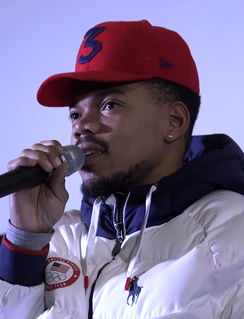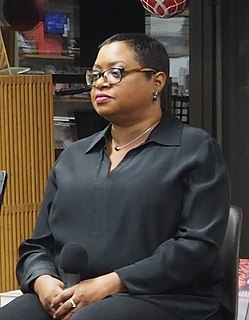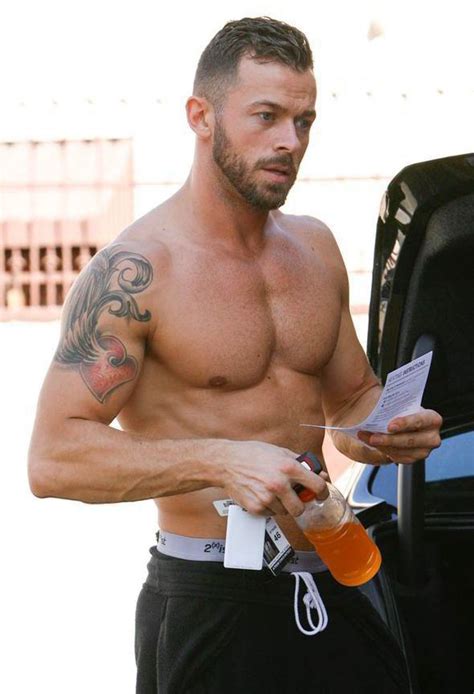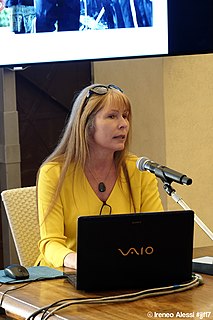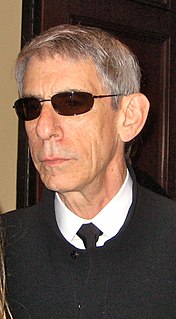A Quote by Michael Jai White
There's a way that white people and black people spoke in the '70s that is nothing like how they speak now. They spoke from a soul, actually. There's a singsongy way of walking and talking that's just different now.
Related Quotes
How many of you heard the voice of God speak specifically, clearly, directly, and personally, to you? Can you just put a hand up? I'd like you to share it. Can you put a hand up for a minute? Just want you to look around; that's people saying, "God Almighty, the Maker of heaven, the one Who's sitting on the only throne that's not under threat - He spoke to me. He spoke to me." "God spoke to me." Don't let the voice of the darkness tell you that you are not worth that God would not speak to you. Don't let him tell you, you don't matter. God spoke to you.
When I say myself, I don't mean just as a woman of color, as a girl who's growing up in the Bronx, as people growing up in some way economically-challenged, not growing up with money. It was also even just the way we spoke. The vernacular. I learned that it's alright to say "ain't." My characters can speak the way they authentically are, and that makes for good story. It's not making for good story to make them speak proper English when nobody speaks like that on the playground.
I was just an infant when [Fannie Lou] Hamer spoke - barley even awake in the world. But here she was, pressing the Democratic Party to refuse to recognize the all-white Mississippi delegation, because obviously there was no way Mississippi could have an all-white delegation. Black people had been kept from registering through violence and intimidation. She had experienced that violence herself and was there to speak about it and to insist the delegation of the Mississippi Freedom Democratic Party be recognized instead.
And who are you, the proud Lord said that I must bow so low? Only a cat of a different coat, that's all the truth I know. In a coat of gold or a coat of red, a lion still has claws. And, mine are as long and sharp, my Lord as long and sharp as yours. And so he spoke, and so he spoke, that Lord of Castamere, but now the rains weep o'er his hall, with no one there to hear. Yes, now the rains weep o'er his hall, and not a soul to hear.
I love everything black, because black is cool. When something crosses over, people are like, "Oh, this is a crossover." First of all, there is no urban anymore. Pop culture is black. White kids are dressing like black kids. It's all crossed the lines now. The way I understand it is, everything black is cool. When it crosses over to white, that means it's going from cool to uncool. That's what crossover is.
As for the not-black black president issue - white people can imagine blacks worse off than them, no problem. And now they can imagine blacks better off, no problem. But they still can't imagine black people who are just like them. That's the real problem. That's racism. Not being able to believe that those others are actually just like you.


